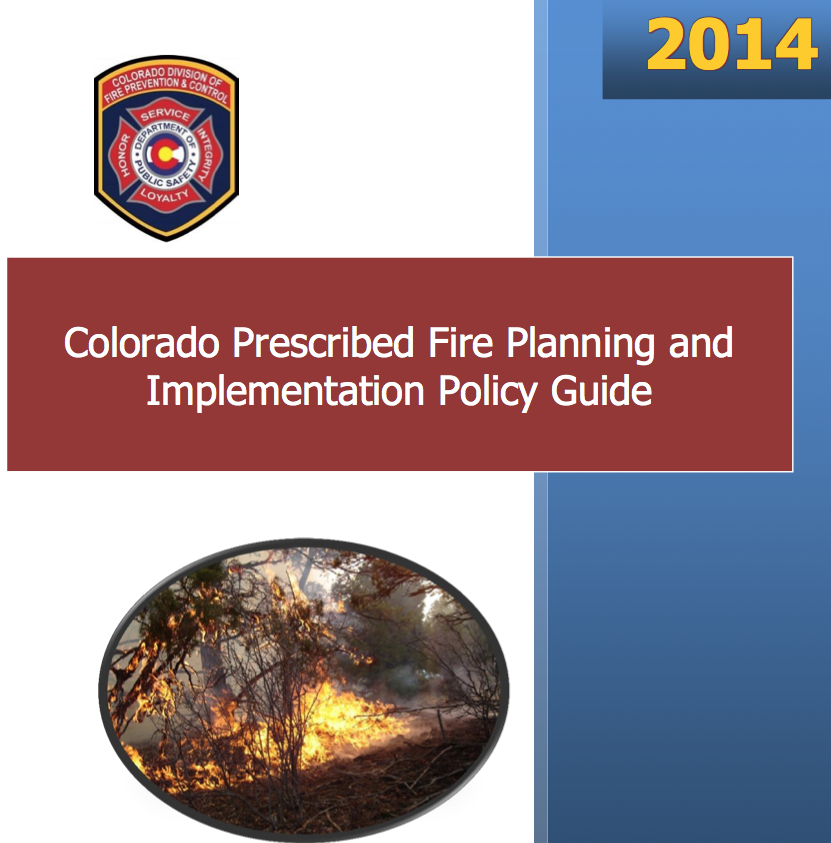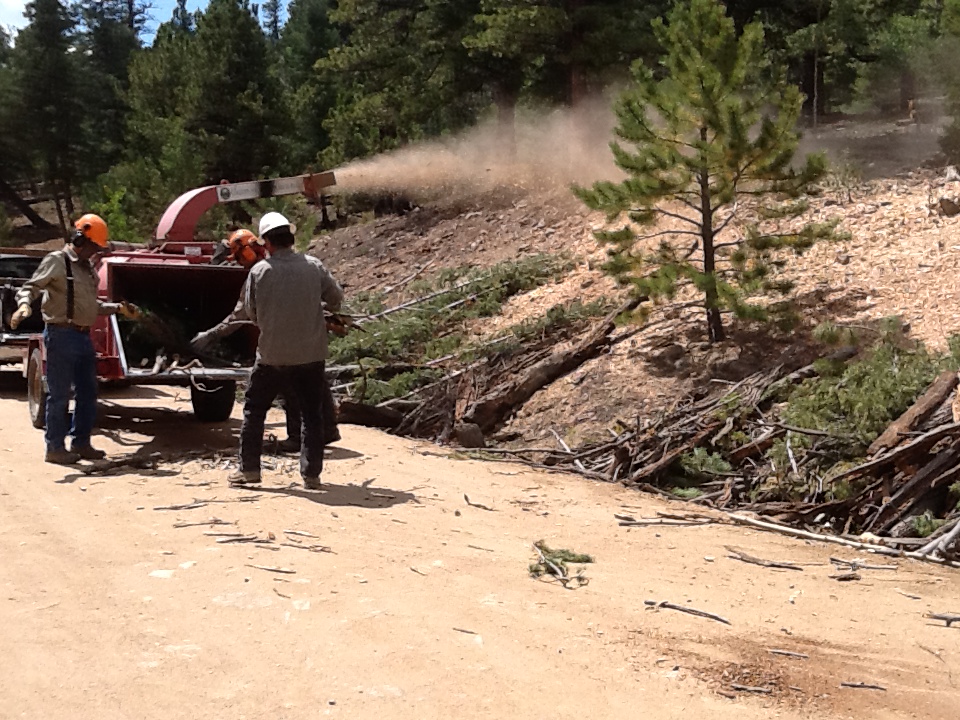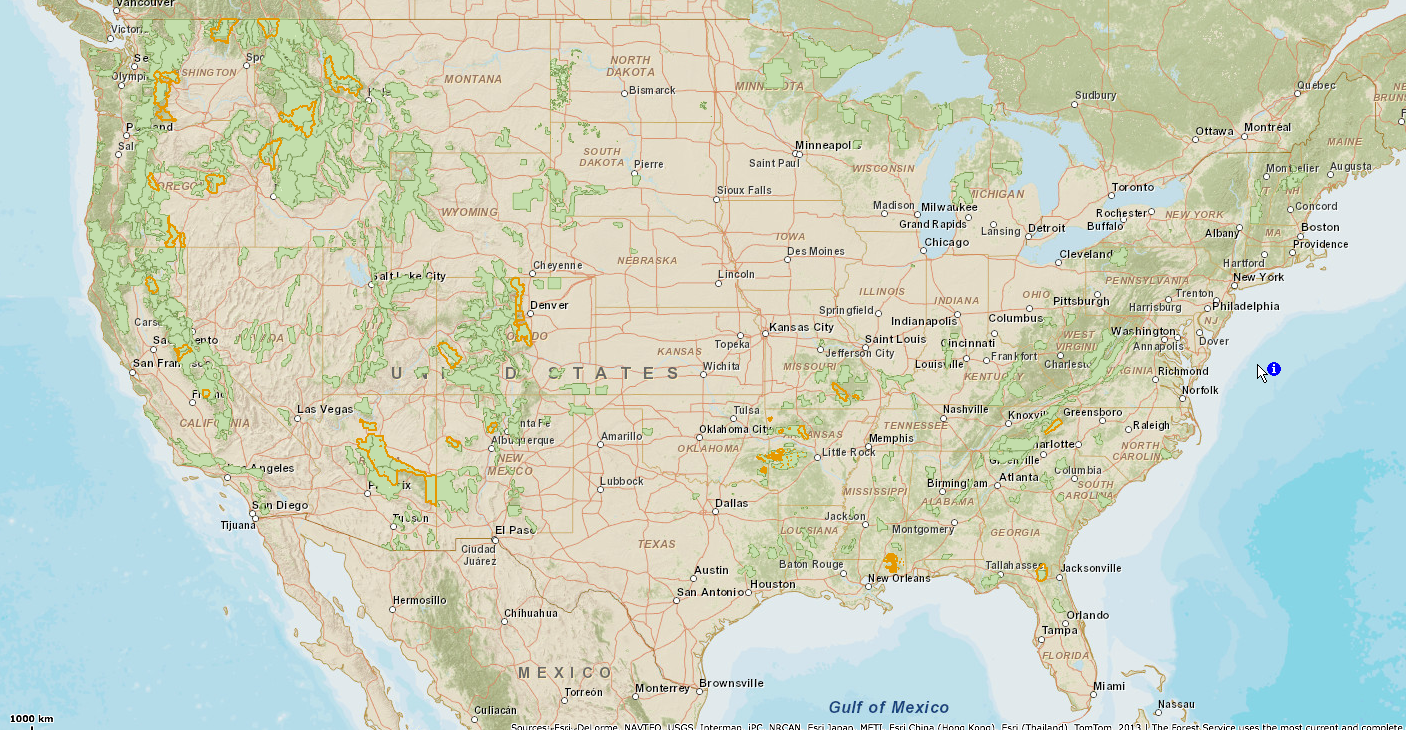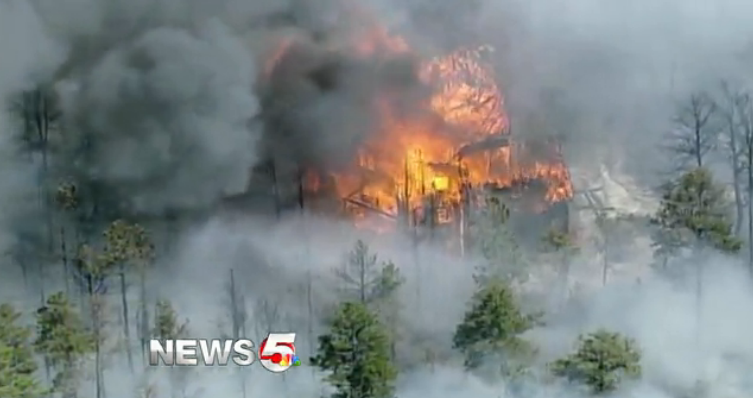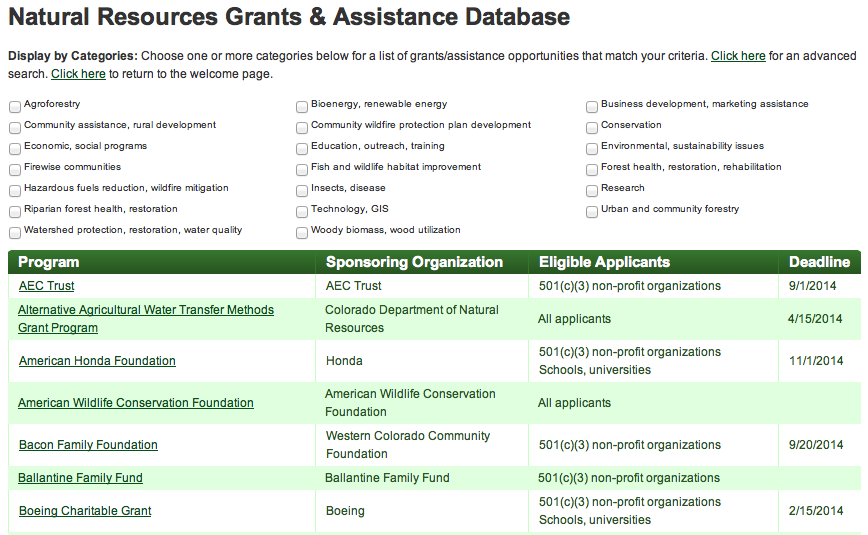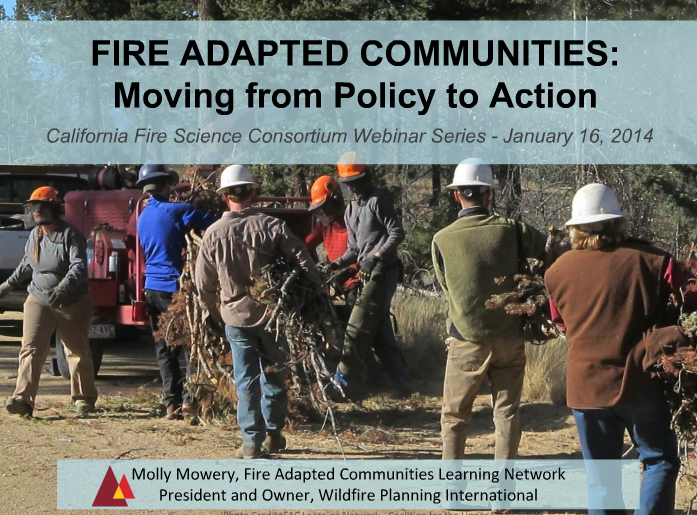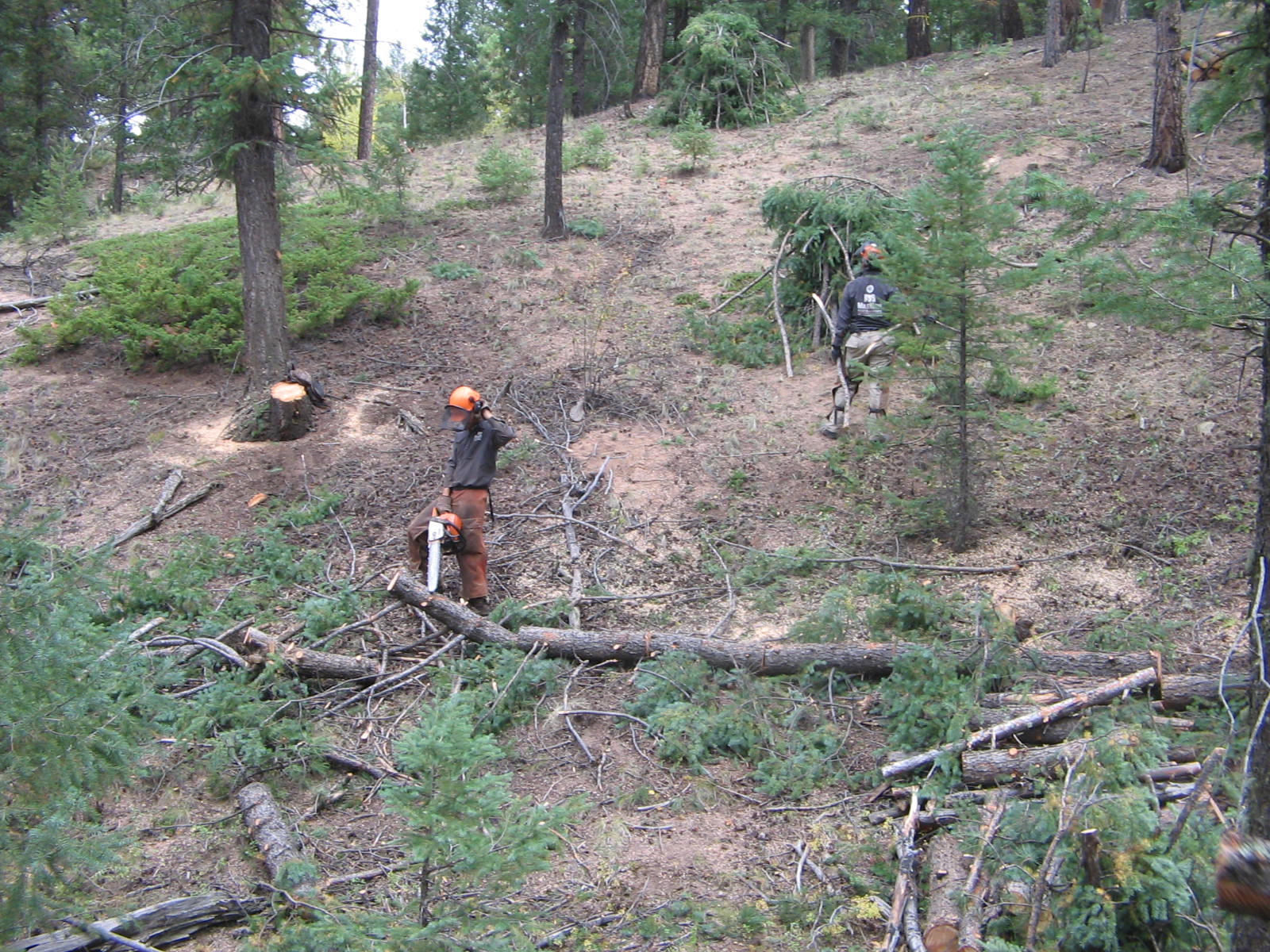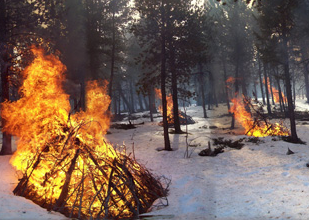The Colorado Division of Fire Prevention and Control has adopted new prescribed burning rules. The rules will be reviewed by the Attorney General’s Office and the Office of Legislative Legal Services before they go into effect.
See the Rules and Regulation Concerning Prescribed Burning in Colorado and the Colorado Prescribed Fire Planning and Implementation Policy Guide for more information.
